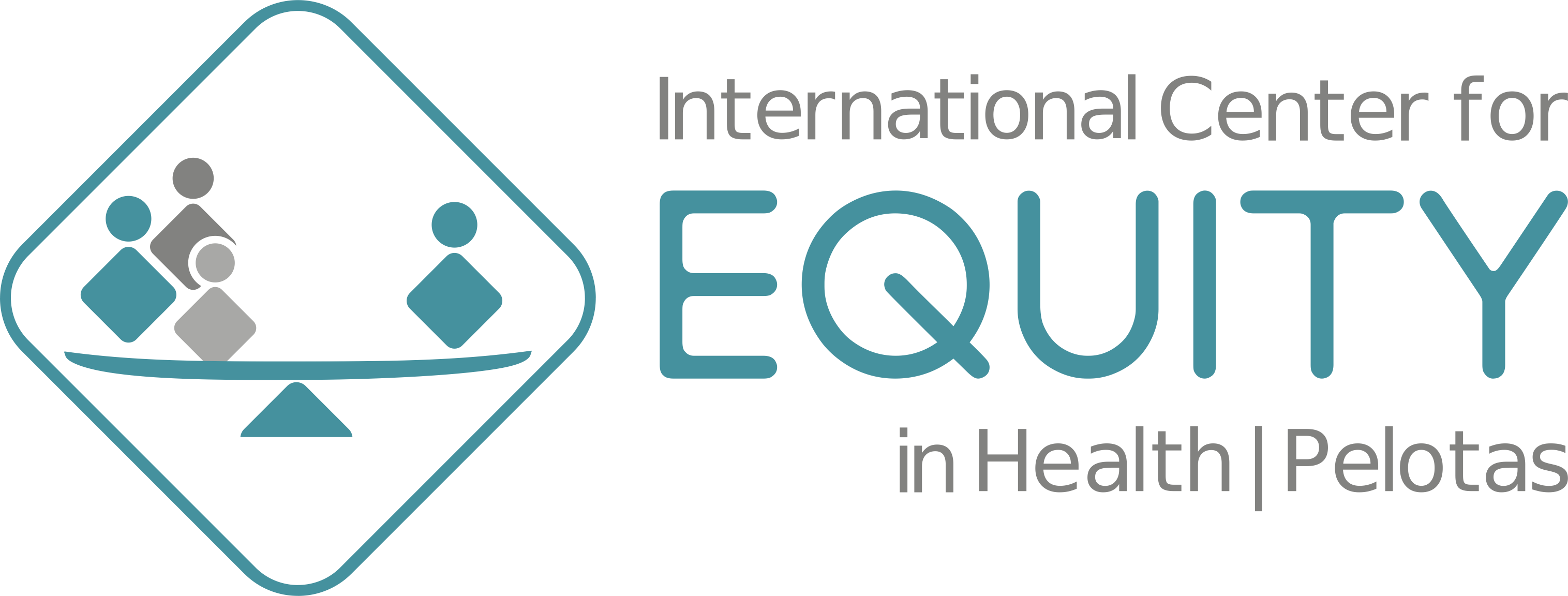News
Back to the News
April 15, 2013
Countdown to 2015 - country data analysis workshop, Pelotas, 2013
The ICEH will host a workshop aimed at building skills related to the Countdown in-depth case studies on maternal, newborn, and child health. The workshop will be held at the Federal University of Pelotas, Brazil, June 17th - 21st, 2013. This workshop is part of the “Capacity Building to Support Countdown Country-Level Activities: Proposed Plan for Building Quantitative Skills in Coverage and Equity for Countdown Secondary Analysis”.
The workshop objectives are:
- To build a pool of country and regional scientists who understand Countdown and can apply state-of-the-art techniques in data quality assessment and analysis to survey data sets to support Countdown activities at national, regional and international levels.
- To generate new evidence on the effectiveness of reproductive, maternal, newborn and child health (RMNCH) interventions and program strategies and publish the results in peer-reviewed journals.
- To build sustainable capacity in quantitative data analysis at country and regional levels to support effective RMNCH programs and increase accountability.
Participants will travel to Pelotas to work in the specially-designed training laboratory under the supervision of Drs. Cesar Victora and Aluisio Barros and the Equity Technical Working Group (TWG) analysis team, in collaboration with a representative of the UNICEF Statistics and Monitoring section and an expert in the use of LiST. Participants will be introduced to the structure and content of the Countdown data sets and become familiar with the standard data management techniques agreed upon by the TWGs.
Each country or regional team will refine their plan of analysis to determine the variables needed for analysis, and build a data set specifically for that purpose by abstracting those variables from the larger Countdown data sets.
Plenary sessions will be used to introduce specific techniques for the analysis of coverage and equity data, the use of LiST, and to agree on specific metrics and analytic approaches to be used in the country case studies and other secondary analysis work.
It is expected that each team will leave Pelotas having made a start on the analysis and with a plan for completing the work and drafting the manuscript in hand.
Topics to be covered in the workshop:
- About coverage indicators
- Definitions of indicators used and their peculiarities
- Combined indicators – co-coverage and CCI
- About the understanding and measurement of health inequalities
- Basic definitions of equity, inequality
- Main stratifiers – which and why, definitions and limitations
- Inequality measures – overview, definition and calculation of the main measures (diff, ratio, SII, CIX)
- Interpretation of measures of inequality
- About using data
- Data structure – where is my country data? Where are the indicators of interest?
- Building tables
- Building graphs
- Benchmarking – comparing to other (similar/nearby countries)
- About presenting results
- Paper vs report
- Choice of indicators/stratifiers
- Putting everything together
